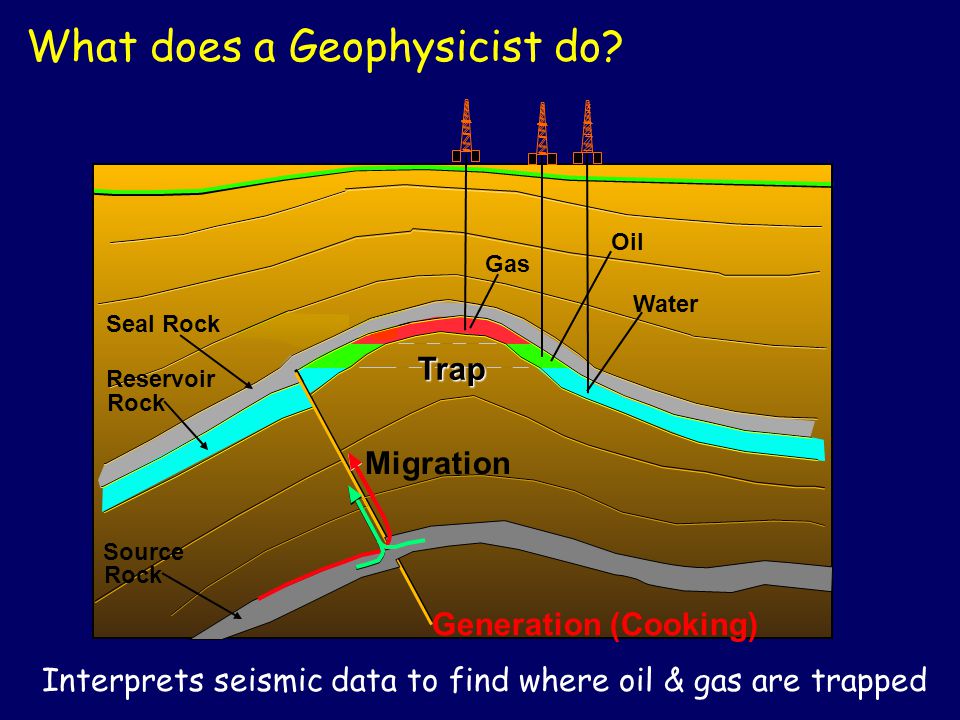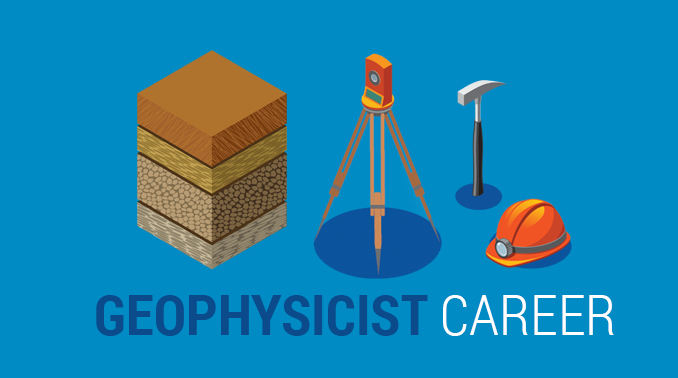All Categories
Featured
Table of Contents
Geophysical Methods Commonly Employed For Geotechnical ... in Hilton WA 2023
This work is significantly contracted out, so consultancies offer another source of work. Consultancy companies vary in size, from really little companies to big multinationals. Some consultancies are rather specialised in utilizing specific geophysical strategies or operating in specific places, while others use a more diverse variety of services to their consumers.
The extraction of gas from landfill websites is another location of employment and this may grow in the future. Exploration business might carry out work for building companies, public utility, mining business and ecological agencies, so geophysicists may be employed in any of these settings. Other companies include: geological surveysgovernment bodies and agenciesuniversities and research study institutes.


Jobs might be listed in the oil and gas sector press. Recruitment is impacted by oil price fluctuations and the level of competition for positions differs depending on this. Professions Days, which cover the complete series of geoscience professions and are typically participated in by a variety of key industry companies, are run by The Geological Society.
Bsc Geophysics in Gooseberry Hill Aus 2021
Some of the big oil and gas business provide a complete two-year structured training programme across the breadth of geophysics, consisting of the chance to experience work in numerous groups prior to specialising in one area. Your training might include deal with: existing wellsmagnetic and gravitational prospective field data analysisresearchrock analysis. It's more typical for your initial training to be offered on the job.

There might be a probationary duration during which you work alongside a skilled coworker. Competency-based appraisals happen routinely in a lot of companies. In smaller sized companies, and for academic posts, there is not likely to be any official training - you'll be anticipated to start work straightaway and pick up skills as you go along.
If you work for a smaller sized business, you might find that you require to take duty for arranging and moneying your own development and training. If you have a geology degree, membership of The Geological Society can be helpful for networking and for keeping up to date with the market.
Geophysicist Salary in North Beach Aus 2021
You might also find it useful to join the PESGB (The Petroleum Expedition Society of Great Britain, which has a geophysics unique interest group. After a probationary duration, and when you've acquired some experience, you could advance to senior geophysicist, then team leader and after that into a senior role in management.
The ease of movement between functions depends on the company structure. Study at Masters or Ph, D level in a subject associated to geophysics or geosciences may help with your profession advancement and development. The employment market within the oil and gas industry is really depending on rate and this may affect your opportunities for career progression.
For knowledgeable geophysicists, freelance consultancy provides a good route for career development. As a geophysicist, you're likely to have numerous jobs throughout your working life.
Geophysical Survey - Durham University in Edgewater Western Australia 2022
From geophysics, it's possible to focus on seismology (finishing further training to become a seismic interpreter) or to move into related areas such as engineering geology or danger forecast.
Deciding what to study in college is a difficult option. Even if you know that your field of interest depends on science, what program of research study is best for you? If you make the decision to significant in physical and biological sciences and pursue a career as a geophysicist, you're preparing for an amazing and lucrative profession.
But the primary step to achieving your objective of ending up being a geophysicist is earning a degree. Even for entry-level positions in the field of geoscience, you'll need a bachelor's degree (a geophysicist college degree) from a certified college or university. Some research positions require candidates to hold master's degrees or even Ph.
Geophysical Surveys - U.s. Geological Survey in Claremont Oz 2023
Postgraduate degree are especially important if you prepare to teach at a four-year institution. Geophysicists use physics concepts and techniques to study the gravitational, magnetic, and electric fields of the earth. This enhances researchers' knowledge of both the planet's interior core and its surface area. Geophysicists should have the ability to: analyze rocks, photographs, and other pieces of data carry out research study both in the field and in laboratories create maps and charts of their findings write reports To achieve all this, trainees require a specialized education for geophysicist professions.
As mentioned above, you'll require a bachelor's degree in geoscience or a related discipline, such as a physical science or a natural science, to land an entry-level job. Students can likewise prepare by majoring in subjects like: Biology Chemistry Computer system science Engineering Mathematics Physics The above geophysicist majors offer a more generalized method to a single scientific discipline, but the majority of programs require trainees to take one or more geology course.
Latest Posts
What Geophysicists Do in Iluka WA 2023
Geophysical Survey Definition in Casaurina Oz 2021
Geology And Geophysics - Careers And Employment in Manning Aus 2022